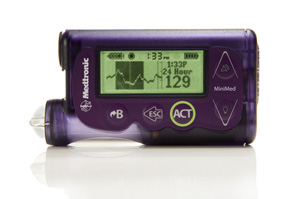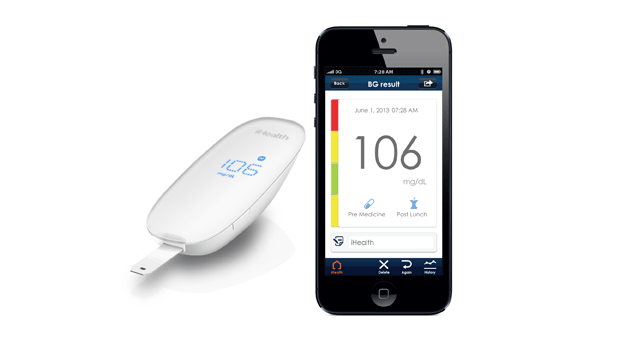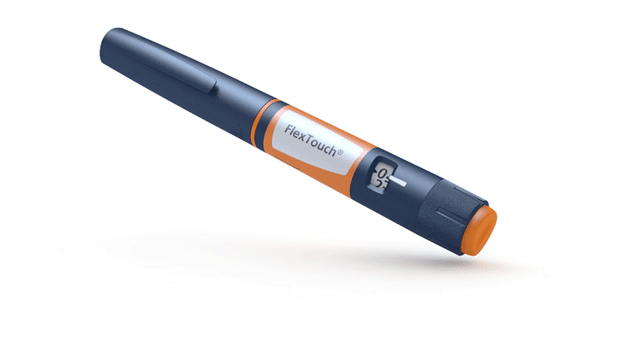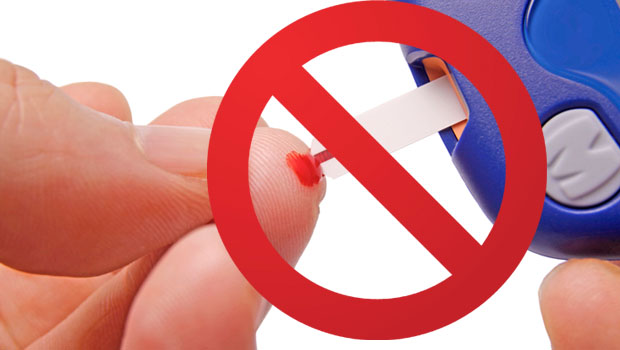Blood glucose-dependent insulin delivery to simplify treatment
UCLA engineering has developed blood glucose-dependent insulin delivery system to simplify treatment and mimic normal pancreatic cell function
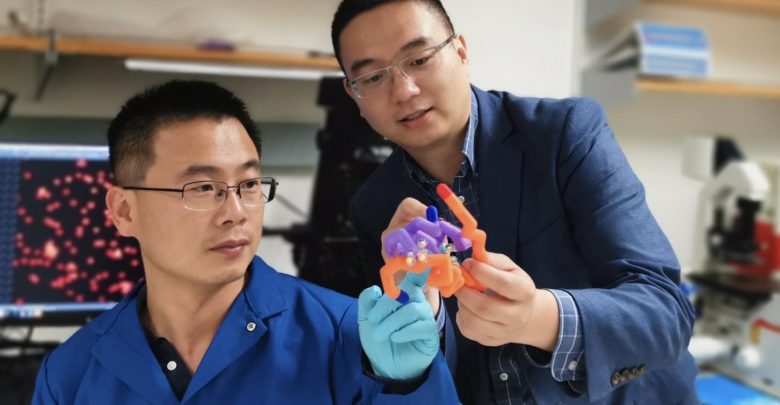
We corresponded with Jingqiang Wang and Professor Zhen Gu of UCLA Engineering about their research on glucose-responsive insulin analogs (ref).
The goal of their research is a simple-to-administer system that delivers insulin in a blood glucose-dependent manner.
Q1: Is subcutaneous injection the only delivery mechanism?
R1: Subcutaneous injection is effective in this study and is our first studied delivery method. At present, we are studying oral administration and microneedle patch for insulin delivery.
Q2: What is the effective quantity of insulin in units per injection site?
R2: In our study, the dose for insulin is 6 mg/kg, which means that each injection contains 150 µg i-insulin if a mouse is 25 g in weight. The dose for a person cannot be calculated directly from the data collected from the mouse experiment. A clinical trial is required.
Q3: How long do you anticipate the reservoir would remain active in the patient?
R3: According to our study results, the reservoir will remain active until they are totally released into the blood, which will take more than 24 hours.
Q4: Are you focused on long-acting insulin because of the time it takes to disassociate the insulin analog−Glut complex? What is that time frame (essentially, what is the action profile in response to glucose?)
R4: The long-acting profile of i-insulin is dependent on its gradually dissolving and releasing rate into blood (more than 24 hours). It is different from the dissociation rate of i-insulin-Glut complex, which is very fast upon glucose challenge.
Q5: Does your therapy expect that the patient will supplement your insulin with short-acting bolus insulin?
R5: In diabetic mouse, short-acting bolus insulin is not essential. For patients with diabetes, we need clinical trials.
Q6: What are the next steps in your research?
R6: We will optimize our formulations and delivery routes to further improve the response rate and blood glucose regulation ability.
Q7: Do you anticipate first applications in T1 or T2 Diabetes?
R7: T1 and Advanced T2 Diabetes.

